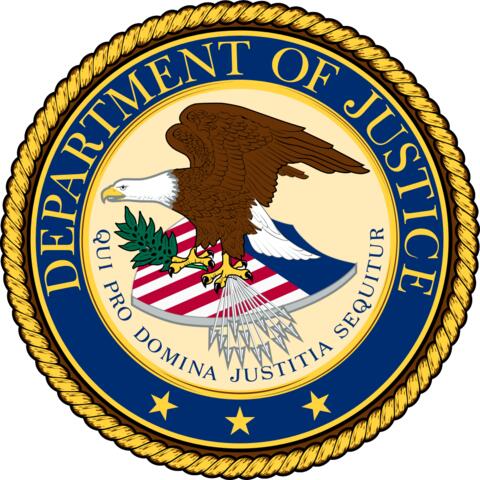Six Passaic County, New Jersey, residents were charged today for their roles in a large-scale money laundering and illegal money transmitting scheme, U.S. Attorney Craig Carpenito announced.
The defendants are each charged by complaint with one count of conspiracy to launder drug proceeds and one count of operating an unlicensed money transmitting business:
• Felicia Almonte, 54, Passaic, New Jersey
• Erickson Checo-Almonte, 29, Passaic
• Julio De La Cruz-Acosta, 40, Paterson, New Jersey
• Willy Cruz-Bonilla, 22, Paterson
• Jordano Abreu-Diaz, 24, Paterson
• Enmanuel Nunez-Reyes, 26, Paterson
All defendants except Abreu-Diaz are scheduled to make their initial appearances this afternoon before U.S. Magistrate Judge James B. Clark in Newark federal court. Abreu-Diaz is expected to appear before Judge Clark later this week.
According to documents filed in this case and statements made in court:
The defendants were part of a large-scale money laundering conspiracy that used the U.S. banking system to convert over $27 million in cash from illegal drug sales in New Jersey and New York into cashier’s checks.
Between July 2016 and January 2019, the defendants and other conspirators purchased over 1,000 cashier’s checks, which were used as a mechanism to transfer drug proceeds out of the United States.
The checks were made payable to individuals and companies specified by money brokers working on behalf of drug trafficking organizations with ties to the Dominican Republic, Colombia, and elsewhere.
The cashier’s check scheme was designed to conceal the nature, source, ownership, and control of the illegal drug proceeds in order to avoid scrutiny by law enforcement and banking institutions.
The defendants were typically paid a fee of $150 to $200 for each check they purchased.
The charge of money laundering carries a maximum penalty of 20 years in prison and a fine of $500,000 or twice the amount involved in the offense, whichever is greater.
The charge of operating an unlicensed money transmitting business carries a maximum prison sentence of five years and a $250,000 fine.
